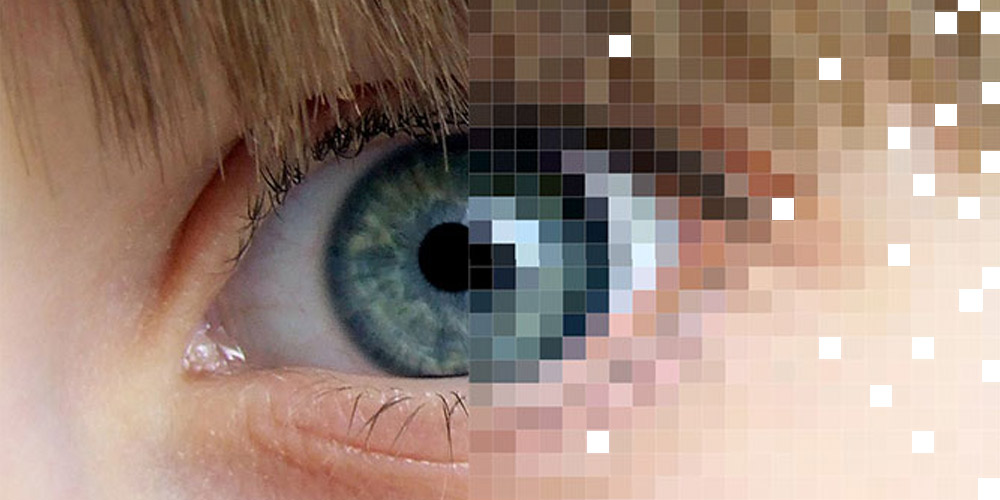
The Joint Photographic Experts Group (JPEG), is a committee that maintains various JPEG image-related standards.
In a meeting held in Sydney, Australia, the group announced that it wants to involve AI-based methods to help it find new image compression codec. With the program called 'JPEG AI' which was launched back in December 2019, the committee has partnered with IEEE (Institute of Electrical and Electronics Engineers).
According to a press release posted on its website:
"A Call for Evidence (CfE) has been issued as outcome of the 86th JPEG meeting, Sydney, Australia as a first formal step to consider standardization of such approaches in image compression. The CfE is organized in coordination with the IEEE ICIP 2020 Challenge on Learning-based Image Coding Challenge and will use the same content, evaluation methodologies and deadlines."
Under the program, the committee aims to find possible solutions towards finding a new standard, saying that it wants to find proof that AI can do a better job of achieving better compression when compared to conventional approaches, but relying on models exploiting a large image database.
This activity aims to find evidence that AI can create image coding technologies that offer substantially better compression efficiency.
“The efforts to find new and improved solutions in image compression have led JPEG to explore new opportunities relying on machine learning for coding,” said professor Touradj Ebrahimi, the convener of the JPEG Committee in a statement. “After rigorous analysis in form of explorations during the last 12 months, JPEG believes that it is time to formally initiate a standardization process, and consequently, has issued a call for evidence for image compression based on machine learning.”
Having AI models help in attempts to deliver high-quality media with data efficiency isn’t exactly new. There are AI-powered codecs, like the one used by Netflix, for example. Researchers have also presented several papers on image compression through machine learning models.

The JPEG committee also wants to use blockchain to protect data, in order to verify or refute a image's origins.
In other words, the committee wants to see whether blockchain for images can help flag fake information and image theft.
The committee organizes workshops to gain feedback into the possibility of creating a standard blockchain that could both help viewers quickly identify a manipulated photo, and at the same time help photographers fight image theft.
Blockchain is already commonly associated with cryptocurrencies. But its uses can go far beyond those digital coins. The technology uses multiple computers to save data to store information that can’t be altered. And here JPEG wants to create a standardized system that uses encryption, hash signatures, watermarking or a combination of them to be included inside an image's metadata.
By creating new standards that are based on AI and blockchain, the committee aims to expand JPEG's use, as well as ensuring that misuses can be curbed.
Besides identifying fake news and flagging copyright violations, JPEG also suggests that future standards can be used for media forensics, along with applications in privacy and security.
